

Capecitabine Tablets 500 Mg – Generic Xeloda
$65.00
Capecitabine Tablets 500 mg
is an oral chemotherapy medication used to treat breast, colorectal, and gastric cancers. It targets cancer cells by interfering with DNA production, preventing their growth and spread. Commonly prescribed as a standalone or combination therapy. Requires prescription and medical supervision.
Description
Capecitabine Tablets 500 mg
Capecitabine Tablets 500 mg is an oral chemotherapy drug used to treat various types of cancers, including breast cancer, colorectal cancer, and gastric (stomach) cancer. It belongs to a class of cancer medications known as antimetabolites and works by interfering with DNA and RNA production in cancer cells, ultimately stopping their growth and spread.
Capecitabine is a prodrug, meaning it becomes active only after being metabolized in the body. It is converted into 5-fluorouracil (5-FU) specifically at the tumor site, making it more targeted and reducing the effect on healthy cells.
Therapeutic Indications
Capecitabine 500 mg is used to treat the following conditions:
- Breast cancer, especially metastatic or recurrent cases
- Colorectal cancer
- Gastric (stomach) cancer
- Usually prescribed as monotherapy or in combination with other chemotherapy agents such as oxaliplatin or docetaxel
Mechanism of Action
Capecitabine is metabolized in the body into 5-fluorouracil (5-FU), which inhibits thymidylate synthase, an enzyme necessary for DNA synthesis. By disrupting this process, Capecitabine prevents cancer cells from dividing and leads to cell death.
This selective activation at the tumor site helps limit systemic toxicity and may make the drug more tolerable in comparison with intravenous 5-FU.
Dosage and Administration
- Strength: 500 mg per tablet
- Route: Oral
- Typical Dosage: Based on body surface area (BSA), usually 1250 mg/m² twice daily for 14 days followed by a 7-day rest period (21-day cycle)
- Administration: Should be taken within 30 minutes after a meal, twice a day, morning and evening
- Tablets should be swallowed whole with water; do not chew or crush
Always adhere exactly to your oncologist’s prescribed dose and schedule.
Composition
- Active ingredient: Capecitabine 500 mg
- Excipients: Lactose, microcrystalline cellulose, magnesium stearate, hypromellose (may vary by manufacturer)
- Packaging: Typically supplied in blister packs of 10, 28, or 120 tablets
Common Side Effects
- Diarrhea
- Nausea and vomiting
- Stomatitis (mouth sores)
- Hand-foot syndrome (redness, pain, swelling on palms and soles)
- Fatigue
- Abdominal pain
- Rash
Serious Side Effects (report to your doctor immediately)
- Severe diarrhea or dehydration
- Chest pain or shortness of breath
- Unusual bleeding or bruising
- Jaundice (yellowing of skin or eyes)
- Severe allergic reactions
Warnings and Precautions
- Pregnancy and breastfeeding: Not recommended due to potential harm to the fetus or infant
- Kidney or liver impairment: Dose adjustment may be necessary
- Dihydropyrimidine dehydrogenase (DPD) deficiency: Patients with this deficiency should not take Capecitabine
- Regular monitoring of blood counts, liver and kidney function is necessary
- Avoid use with warfarin unless closely monitored
- Can interact with phenytoin, leucovorin, and other chemotherapy agents
Contraindications
- Known hypersensitivity to Capecitabine, 5-FU, or any ingredient in the formulation
- Severe kidney disease (creatinine clearance < 30 mL/min)
- DPD enzyme deficiency
Storage Information
- Store at room temperature (15–30°C)
- Keep in original packaging to protect from moisture and light
- Keep out of reach of children
- Do not use after the expiry date printed on the pack
Frequently Asked Questions (FAQs)
1. What is Capecitabine 500 mg used for?
Capecitabine is used to treat breast cancer, colorectal cancer, and gastric cancer, either alone or with other chemotherapy drugs.
2. How does Capecitabine work?
It is converted in the body to 5-fluorouracil (5-FU), which inhibits DNA synthesis in cancer cells, blocking their growth and division.
3. Is Capecitabine a form of chemotherapy?
Yes, it is an oral chemotherapeutic agent designed to mimic the effects of 5-FU.
4. Can I take Capecitabine with food?
Yes. It should be taken within 30 minutes after a meal to improve absorption and reduce gastrointestinal side effects.
5. Can Capecitabine be used in combination with other drugs?
Yes, it is often used with other agents like oxaliplatin, docetaxel, or bevacizumab in combination regimens.
6. What happens if I miss a dose?
If you miss a dose, do not take a double dose. Continue with your next scheduled dose and inform your doctor.
7. Can pregnant women use Capecitabine?
No. It is contraindicated during pregnancy due to potential risks to the fetus.
8. How long do I take Capecitabine?
Treatment duration depends on the cancer type, stage, and patient response. It is often given in cycles.
9. Are there any dietary restrictions with Capecitabine?
No specific foods need to be avoided, but always take it with food and stay hydrated.
10. Is a prescription required to buy Capecitabine?
Yes. Capecitabine is a prescription-only medicine and should be used under oncologist supervision.

.svg)



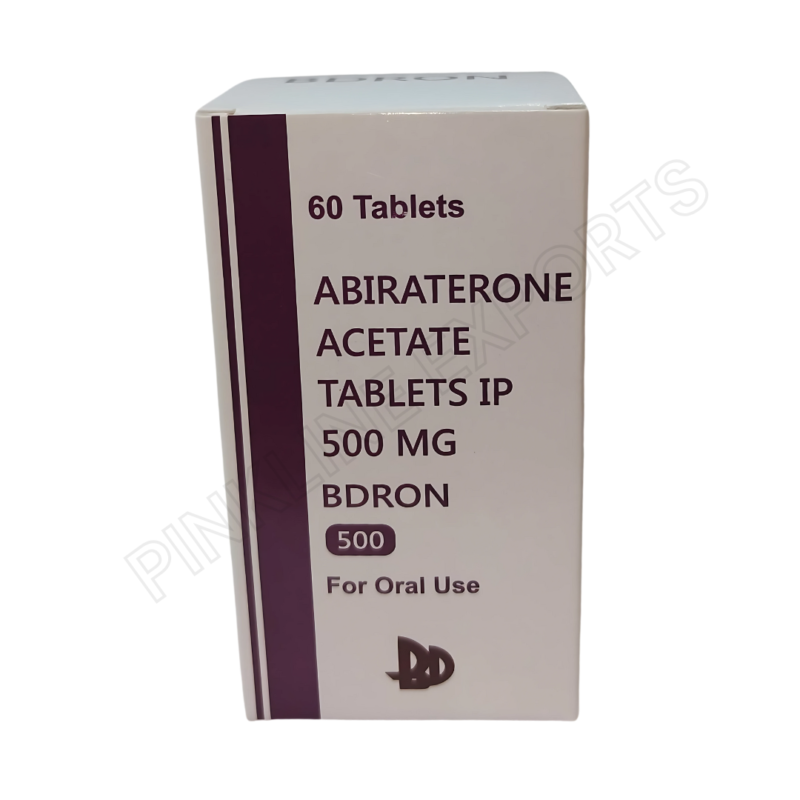
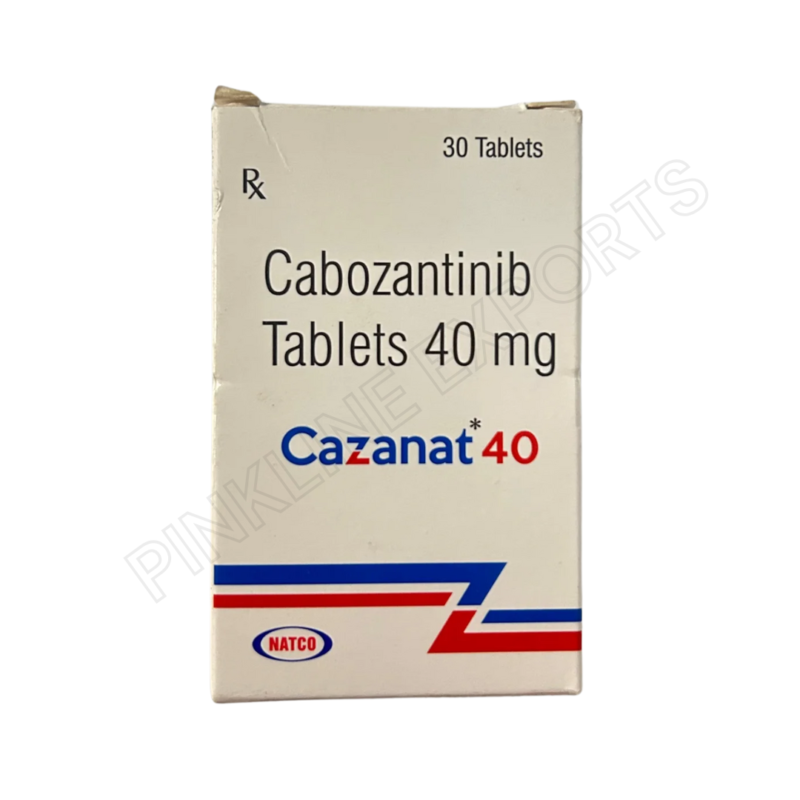

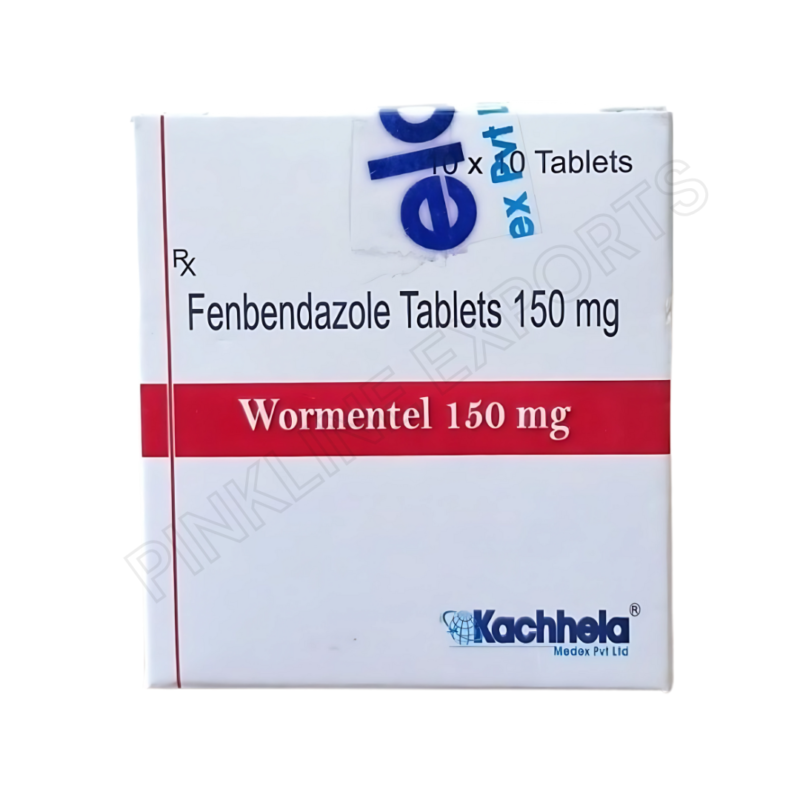
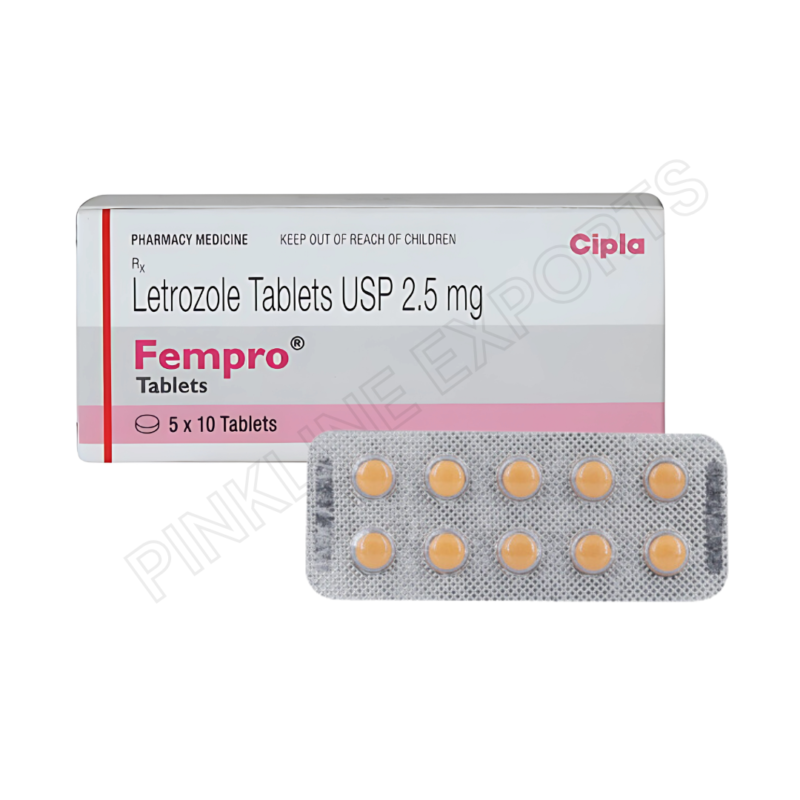

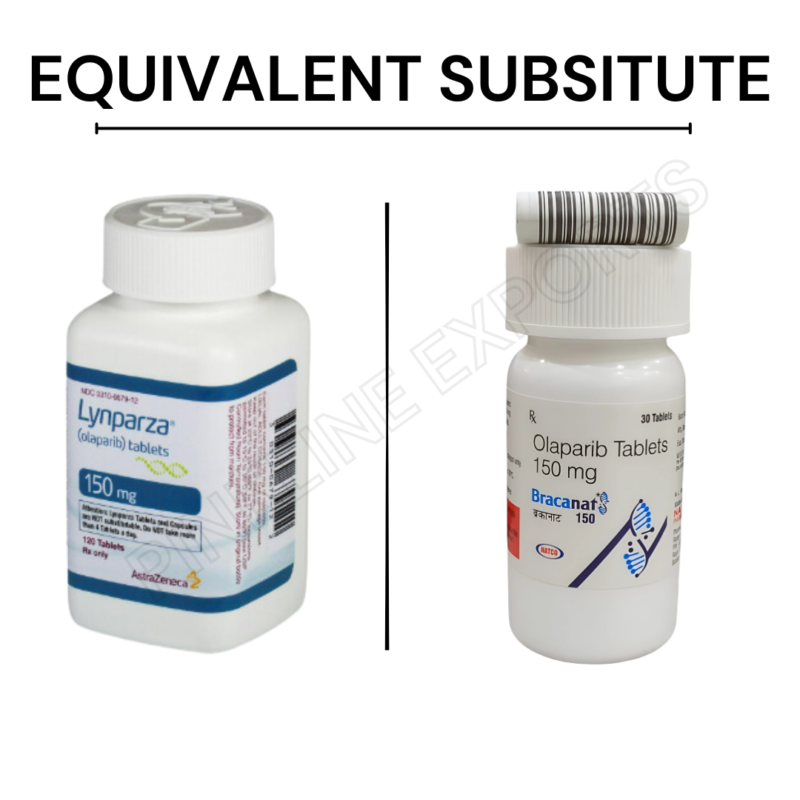
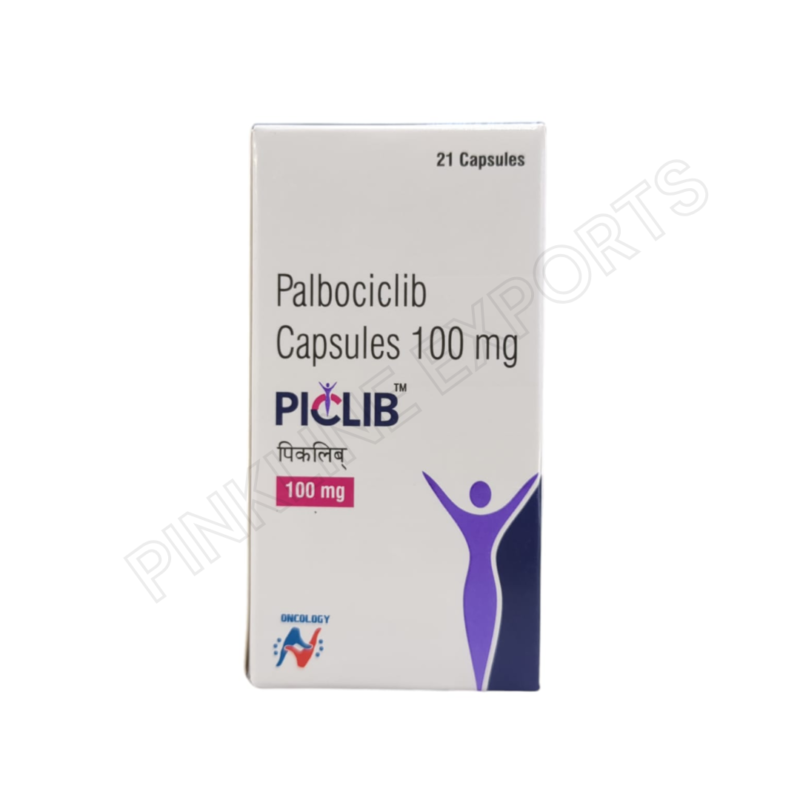
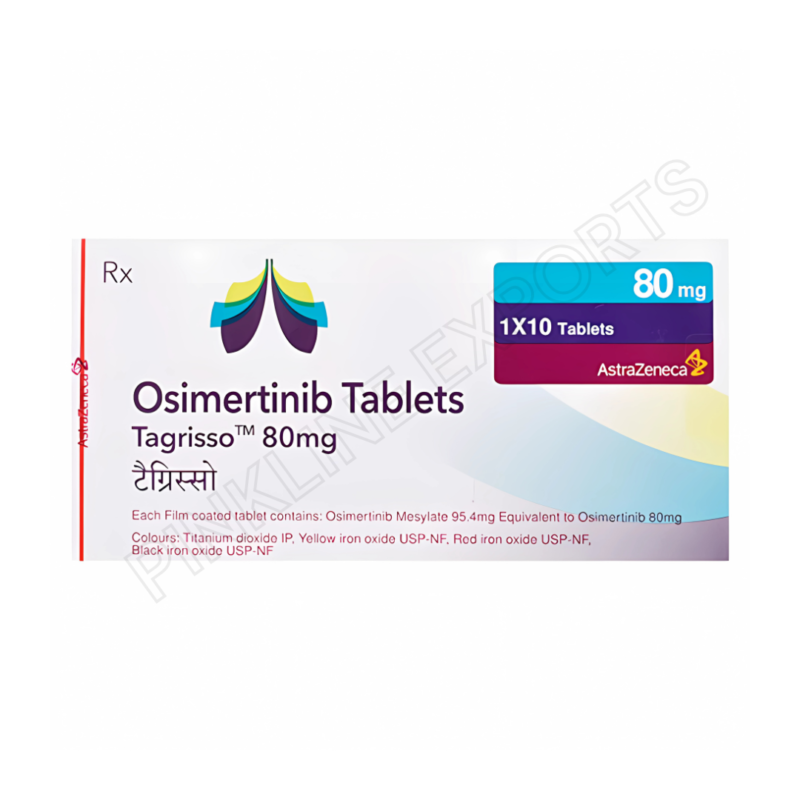

Reviews
There are no reviews yet.